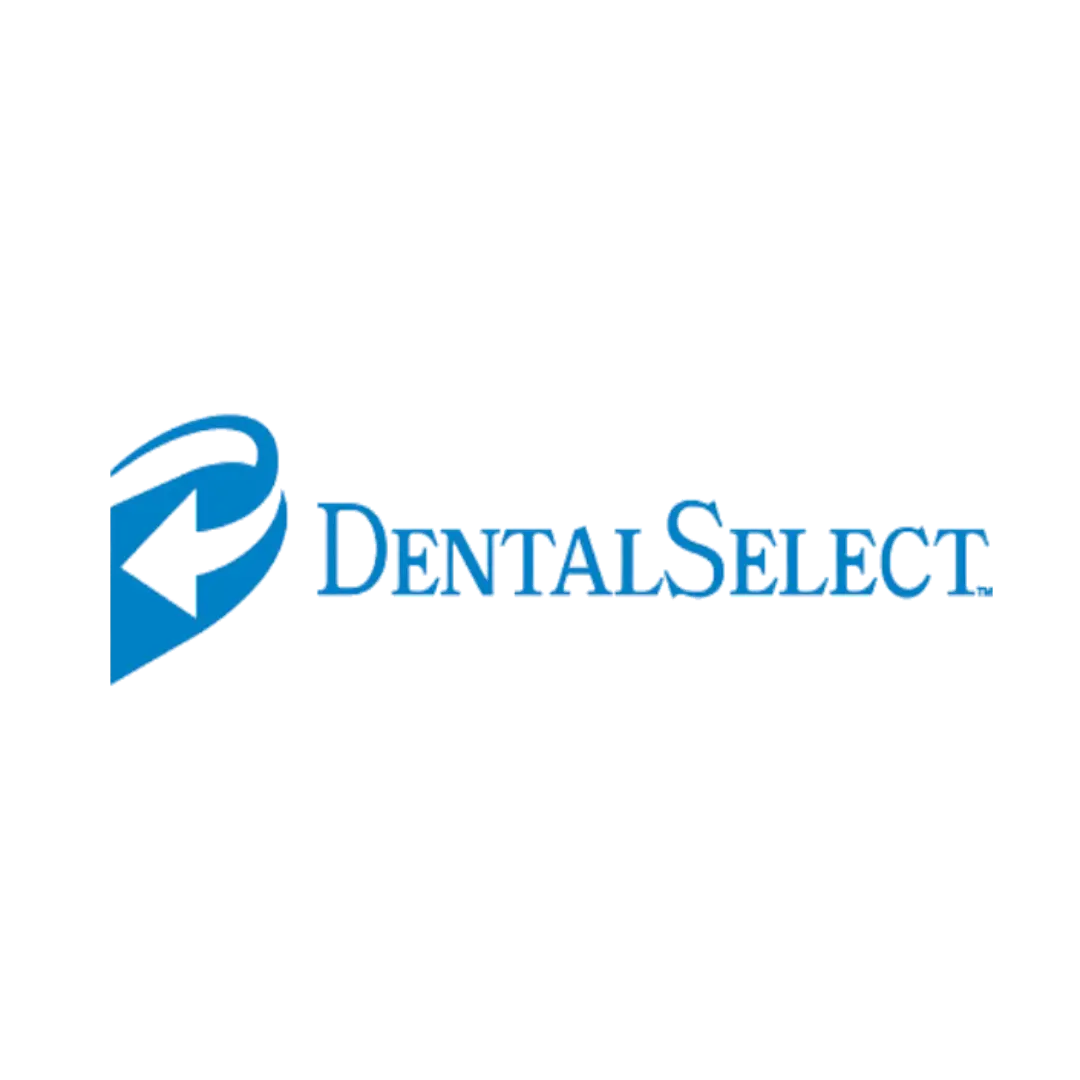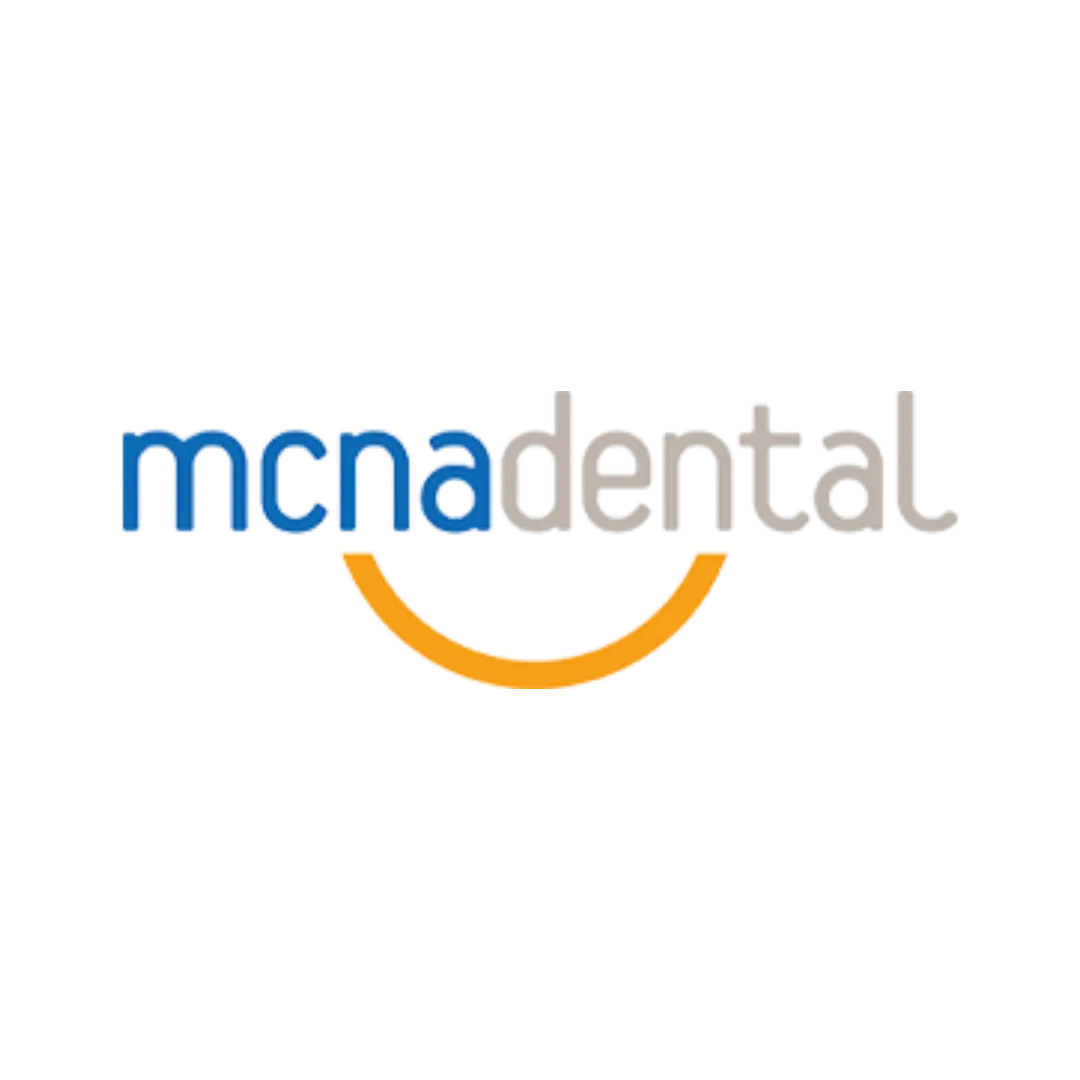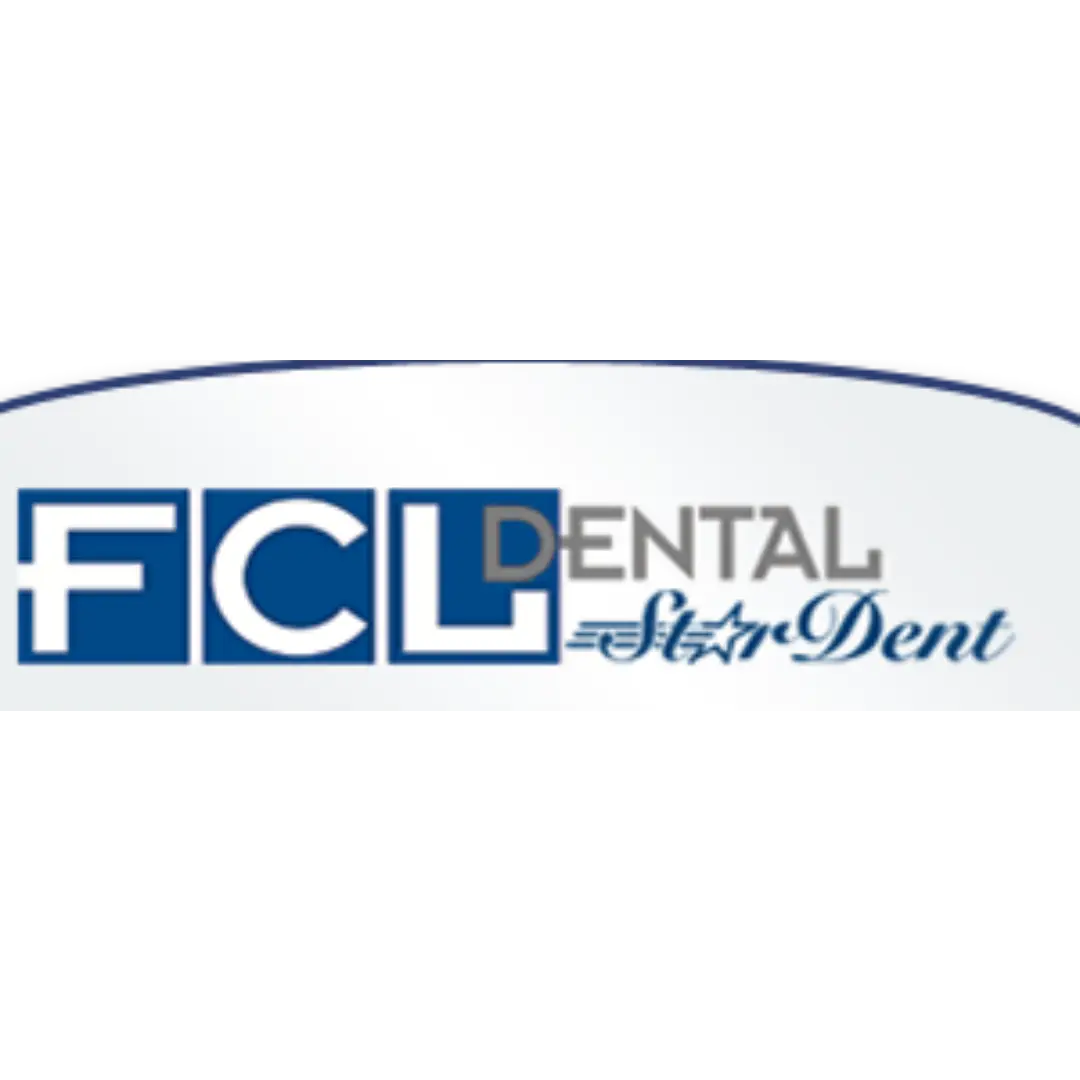Dental Braces are a valuable investment in dental health and may help you save on taxes. If they are considered medically necessary, they can qualify as a deductible medical expense, reducing your taxable income. A dental insurance plan may also cover a portion of the cost, but only the amount not covered by insurance is eligible for a tax deduction.
The IRS allows certain dental costs to be deducted, but specific criteria must be met. Understanding these rules and keeping proper documentation, such as receipts and a statement from your orthodontist, can help maximise your savings.
In this blog, we’ll explore eligibility requirements, tax rules, and the steps to effectively claim your braces as a tax-deductible expense while ensuring compliance with regulations.
Table of Contents
Understanding Tax Deductions for Dental Expenses

Dental care can be expensive, but did you know some dental expenses are tax deductible? If the treatment is medically necessary, you can reduce your tax burden.
The IRS allows deductions for certain dental costs, but not all treatments qualify.
Here’s the difference –
Deductible: Braces, tooth extractions, gum disease treatment, dentures, and medically necessary dental work.
Not Deductible: Teeth whitening, cosmetic veneers, and procedures done purely for appearance.
To qualify, your total medical and dental expenses must exceed 7.5% of your Adjusted Gross Income (AGI). For example, if your AGI is $50,000, expenses beyond $3,750 can only be deducted. Keeping detailed receipts and records ensures you claim the right deductions.
Interesting Reads – Do You Need Dental Insurance?
Are Orthodontic Braces Tax Deductible?
Braces are a significant expense, and many wonder if they qualify for tax deductions. The good news is that in some cases, they can be deducted if they are considered a necessary medical treatment rather than a cosmetic procedure.
To be eligible, a braces must be prescribed to correct dental health issues such as misalignment, bite problems, or speech difficulties. If the primary purpose of treatment is to improve oral function rather than appearance, it may qualify as a deductible medical expense.
Only out-of-pocket costs can be included, including consultations, adjustments, and retainers. Any amount reimbursed by insurance is not eligible.
Read More – Does Dental Insurance Cover Braces?
How Do You Qualify for the Dental Expense Deduction?

To benefit from this deduction, your medical and dental expenses must exceed 7.5% of your adjusted gross income (AGI) for the tax year. This means that only the portion of your expenses beyond this threshold is eligible for deduction.
The IRS allows you to claim this deduction if:
- The braces are medically necessary rather than cosmetic.
- The treatment was for you, your spouse, or a dependent.
- The expenses were paid directly and not reimbursed by insurance.
- You itemize deductions on your tax return instead of taking the standard deduction.
Eligible dental costs may include consultations, retainers, orthodontic adjustments, X-rays, and braces. Keeping detailed receipts and documentation is crucial to supporting your claim.
Braces are a significant investment, but did you know you may be eligible for a tax deduction? If you’ve paid out-of-pocket for orthodontic treatment, properly claiming it on your tax return can help reduce your taxable income and lower your overall costs.
However, to take advantage of this benefit, you must follow the right steps and meet IRS requirements.
How to Claim Tax-Deductible on Braces Expenses
To claim your dental braces tax deduction, follow these steps:
1. Gather Essential Documentation
The IRS requires proof that your braces were medically necessary. Keep detailed records, including
- Receipts and invoices for all payments made.
- A letter or diagnosis from your orthodontist confirming the treatment was needed for oral health treatment.
- Insurance statements showing the portion of costs covered (only out-of-pocket expenses qualify).
2. Use the Right Tax Forms
You must itemize deductions instead of taking the standard deduction. To do this, report your eligible expenses on Schedule A (Form 1040) under medical and dental expenses.
3. Calculate Your Deductible Amount
Your medical and dental expenses must exceed 7.5% of your Adjusted Gross Income (AGI) before you can claim a deduction. Only the portion exceeding this limit can be deducted.
4. Consider Payment Methods
If you used a Health Savings Account (HSA) for orthodontics, those payment plans are already tax-free and cannot be deducted again.
However, you may qualify for the deduction if you paid with after-tax income. For affordable payment options, Charm Dental Care’s payment plans can provide flexibility and help manage treatment costs.
5. File Your Taxes Accurately
Ensure all amounts match your records to avoid errors. If you’re unsure about the deduction process, consulting a tax professional can help maximize your savings and compliance with IRS regulations.
By following these steps, you can successfully claim your deduction and reduce the financial burden of braces.
By following these steps, you can successfully claim your deduction and reduce the financial burden of braces. Need expert orthodontic care? Book an appointment with Charm Dental Care for a consultation today!
Next, we’ll explore special tax-saving strategies for orthodontic care to help you save even more.
Special Considerations for Tax Savings on Orthodontic Care

Exploring different payment options, like membership-based plans or tax-advantaged accounts, can help make orthodontic care more affordable and tax-efficient.
Understand How Orthodontic Expenses Qualify
The IRS allows deductions for medically necessary orthodontic treatments. If braces are required for health rather than cosmetic purposes, they may be included in your orthodontics tax-deductible expenses.
Leverage Tax-Advantaged Accounts
Paying for braces using pre-tax dollars through an HSA or FSA can provide upfront savings. However, expenses paid through these accounts cannot be deducted again on your tax return.
Monitor Yearly Tax Deduction Limits
Your medical and dental expenses must exceed AGI to qualify for a deduction. Tracking all related expenses ensures you meet this threshold and claim the maximum possible deduction.
Consider Membership-Based Plans
If you don’t have dental insurance, many dental practices offer membership-based plans that provide affordable rates for orthodontic treatments.
These plans often include discounts on services, making it easier to manage the costs of braces and other dental care. It’s worth checking with your provider to see if such plans are available, as they can offer a more budget-friendly option than traditional insurance.
By carefully planning your payments and leveraging tax-saving opportunities, you can make orthodontic treatment more affordable while optimizing your tax benefits.
Is It Worth Claiming Medical Expenses on Taxes?

Not all medical expenses guarantee big tax savings. Before claiming a deduction, it’s important to evaluate whether your costs meet IRS requirements and whether they benefit you financially.
Important Considerations for Claiming Medical Expenses
Assess Your Eligible Expenses
Only uncovered medical costs, including orthodontic treatments, may qualify for a tax deduction. If braces are covered by insurance, review how much remains as your direct responsibility before assuming they are deductible.
Standard Deduction vs. Itemized Deductions
If your total deductions, including medical expenses, are lower than the standard deduction, itemizing them may not save additional tax. Reviewing both options will help you determine the best choice.
Explore Alternative Tax-Saving Methods
Pre-tax accounts like HSAs and FSAs can still help manage expenses if you don’t qualify for a deduction. Employer-sponsored benefits or reimbursement programs may also offer financial relief.
Claiming medical expenses only benefits when the deduction significantly reduces your taxable income. If not, other tax-saving strategies might be a better approach.
Read More: Frequently Asked Questions about Braces
Final Thoughts
Understanding tax deductions can help make orthodontic care more affordable. Careful planning and proper documentation allow you to take advantage of deductions, reducing overall costs. Utilizing tax-advantaged accounts like HSAs or FSAs can further ease expenses. Consulting a tax professional ensures you maximize savings while complying with IRS rules.
Charm Dental Care offers high-quality orthodontic services for those considering braces, focusing on patient comfort and oral health. By exploring tax-saving strategies and choosing the right provider, you can achieve a healthy, confident smile without unnecessary financial stress.
Frequently Asked Questions (FAQs)
Yes, braces are tax deductible if they are considered medically necessary. The IRS allows you to include dental braces as tax-deductible expenses under medical costs, but only the portion exceeding 7.5% of your Adjusted Gross Income (AGI) qualifies. You must itemize deductions on Schedule A (Form 1040) to claim this. If you need expert orthodontic care, Charm Dental Care offers quality treatment options.
Yes, many dental insurance plans offer partial coverage for braces, depending on the policy. However, only the portion not covered by insurance can be claimed as a tax deduction. It’s important to check with your provider to understand the exact coverage amount.
The IRS allows deductions for medically necessary dental procedures, including braces, tooth extractions, gum disease treatments, and required dental surgeries. However, purely cosmetic treatments, such as teeth whitening or veneers for aesthetic purposes, do not qualify.
The IRS requires that orthodontic expenses must be medically necessary to be deductible. You can claim only the portion of expenses exceeding 7.5% of your AGI, and you must itemize deductions. Additionally, if you used HSA or FSA funds for orthodontics, those payments cannot be deducted, as they were already tax-free.
Braces are considered a medical expense when prescribed to treat dental misalignment, bite issues, or speech problems. However, if braces are applied solely for cosmetic reasons, they are not eligible for a tax deduction.
Yes, depending on your dental plan, braces contribute to your insurance deductible. The amount that counts toward the deductible varies, so reviewing your policy will help determine how much you need to pay before insurance covers additional costs.
Braces can be both cosmetic and medical, depending on the reason for treatment. If braces are needed to correct bite alignment, prevent dental issues, or improve oral function, they are considered medical expenses and may be tax deductible. However, if they are used purely to enhance appearance, they are classified as cosmetic and do not qualify for tax deductions.




























